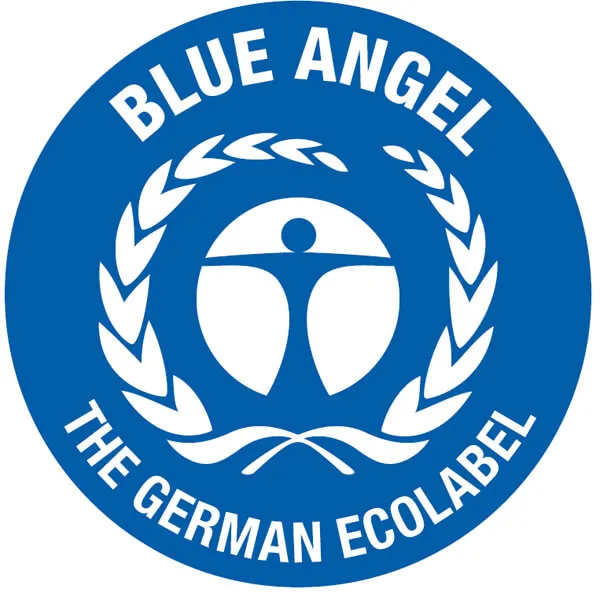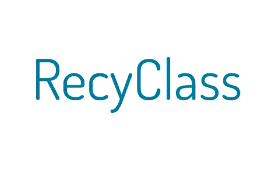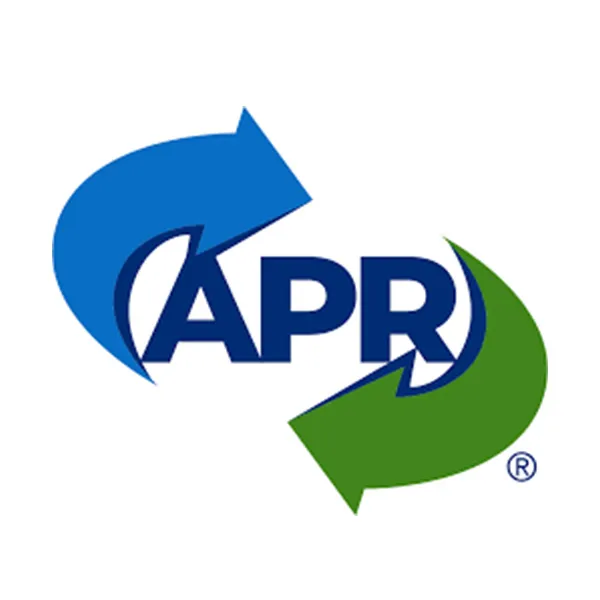Extended Producer Responsibility
It is essential that companies adapt their processes to avoid penalties and ensure compliance with their environmental obligations.
The principle of Extended Producer Responsibility (EPR) reinforces the responsibility of producers in the management of packaging waste, with greater demands for transparency and compliance.
On January 1, 2025, new obligations for commercial and industrial packaging marketed in Spain came into force through Royal Decree 1055/2022 on packaging and packaging waste.
The new obligations are part of the EPR principle, which states that companies that place packaging on the Spanish market must take responsibility for the financial and/or organizational management of the waste that this packaging will generate at the end of its useful life.
What are the main changes?
Until now, this responsibility only applied to household packaging, i.e., packaging intended for consumption by individuals and purchased by consumers in shops. However, since January 1, 2025, EPR has also been applied to packaging intended for use and consumption in the course of commercial activities in the service sector and industry, known as commercial and industrial packaging.
This regulation now affects all companies that place packaging on the market to sell and transport their goods in Spain, such as films, pallets, boxes, bags, etc., significantly increasing the number of companies affected.
How does this regulation affect the plastics sector?
The regulation affects product manufacturers, including packagers, importers, and intra-Community purchasers of packaged products. These economic operators must comply with new obligations in the management of packaging waste.
What are the main obligations for these companies?
- Adherence to a Producer Responsability Organization (PRO): affected companies must adhere to a Procuer Responsability Organization (PRO) and pay a fee for the packaging they place on the market, in exchange for the PROs taking responsibility for financing and organizing the management of this packaging, among other functions.
- Product Producer Register (RPP): Companies must register with the MITECO RPP.
- Annual packaging declaration: Mandatory reporting of information on packaging placed on the market to ensure control and traceability.
- New packaging labeling regulations: Introduction of labeling requirements for household packaging and prohibition of the use of terms such as “environmentally friendly.”
- More transparent invoices: Invoices must also include information on packaging waste management.
The new regulations reinforce producers’ responsibility for packaging waste management, with greater transparency and compliance requirements.
It is essential that companies adapt their processes to avoid penalties and ensure compliance with their environmental obligations.
At AIMPLAS, we keep economic agents in the sector up to date through various communication channels, as we understand that knowledge of the legislation enables strategic and timely decisions to be made in order to better position oneself in the market. We also provide technical and legal support to adapt products to new legislative challenges.







